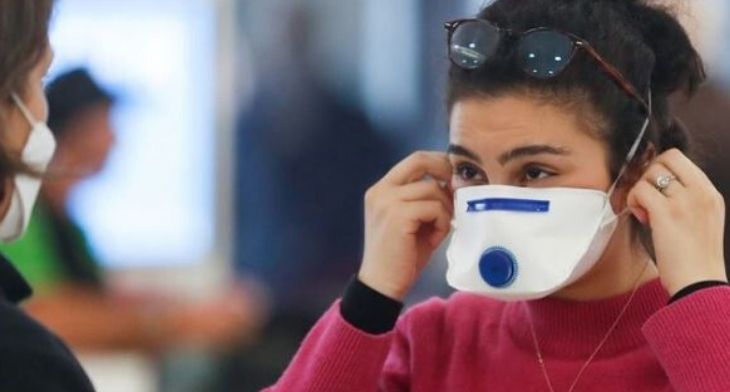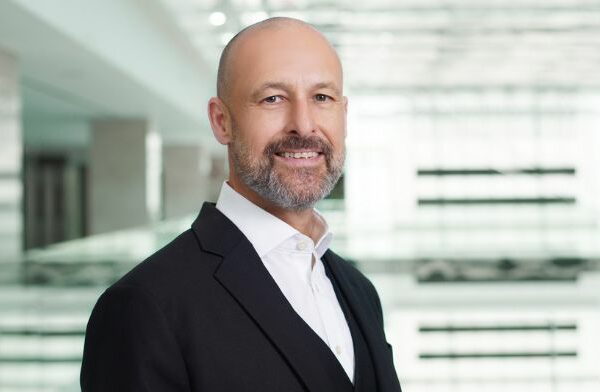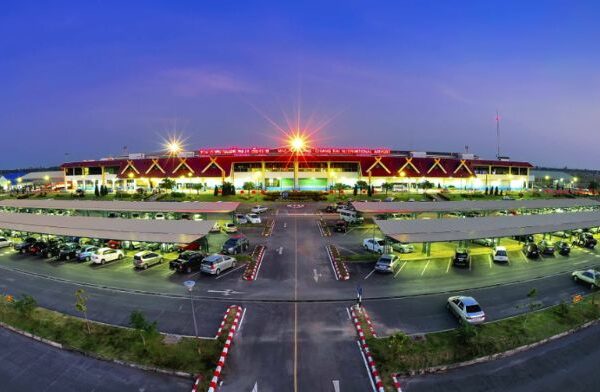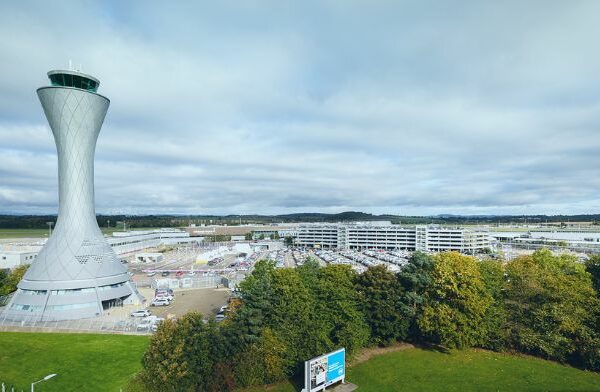


As airports and airlines around the world continue to resume operations for commercial traffic, the International Air Transport Association (IATA) has revealed eight changes to air travel to ensure that passengers and staff remain safe.
The eight changes include the wearing for face coverings and masks by passengers and aviation workers; more frequent and deeper airport cleaning and sanitisation of airports and aircraft; health screening including self-declaration and temperature screening; greater use of contactless and self service processes; physical distancing in the airport where possible; simplified cabin services to lower movement and interaction with passengers; limited movement in the cabin during flight to reduce congregation of passengers; and contactless procedures for customs and border protection on arrival.
IATA is also encouraging passengers to wear protective face coverings on public transport when travelling to the airport and to be aware that many airports will restrict terminal access to passengers, staff and those accompanying passengers with reduced mobility or unaccompanied children.
IATA has also teamed up with Airports Council International (ACI) World to call for costs related to public health measures aimed at mitigating the spread of communicable diseases should be borne by governments. The two associations argue that as the industry begins to restart and plan for a long-term, sustained recovery, the health and safety of passengers and staff remains the foremost priority for airports and airlines. But they also underline that there needs to be harmonisation in the solutions that are implemented and indeed that the World Health Organization’s International Health Regulations require governments to pay the costs of health measures.
“The aviation industry wants to get the world moving again,” said Alexandre de Juniac, IATA’s Director General and CEO. “We have successfully worked with ICAO (the International Civil Aviation Organisation) and many governments worldwide to put in place standardised protocols that safeguard public health and give travellers the confidence to return to the skies. But the industry is still on the edge of a financial precipice. The extra costs of health measures mandated by governments must – as the WHO recommends – be borne by governments. That will enable the industry to focus scarce resources on reconnecting the world and boosting economic recovery.”
ACI World’s Director General Luis Felipe de Oliveira agreed saying: “ACI believes the cost of any health measures that are required should be borne by governments. ACI and IATA are aligned on this issue, as set out in the Safely Restarting Aviation – ACI and IATA Joint Approach which was our input to ICAO’s TakeOff guidance. This laid out that public funding of health measures should be ensured, including but not limited to infrastructure or operational changes needed for their implementation.”





